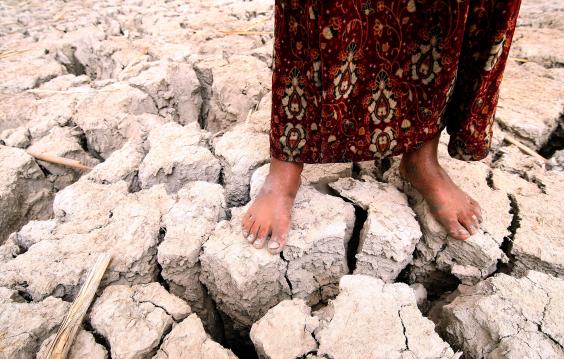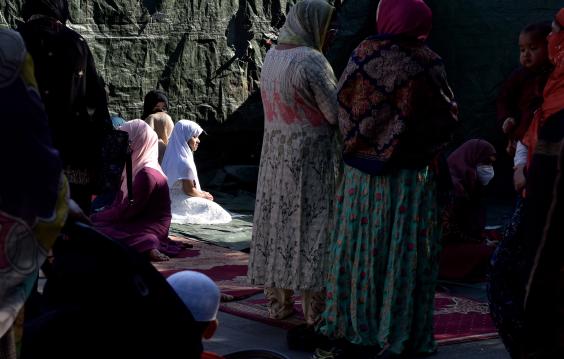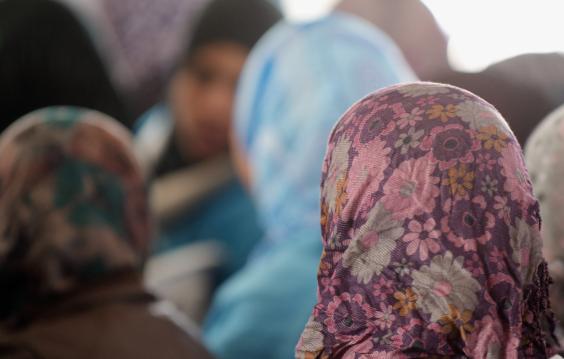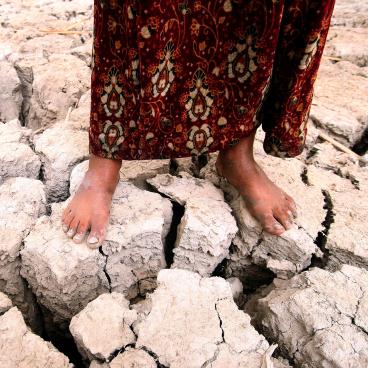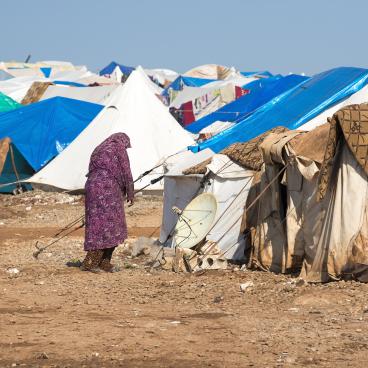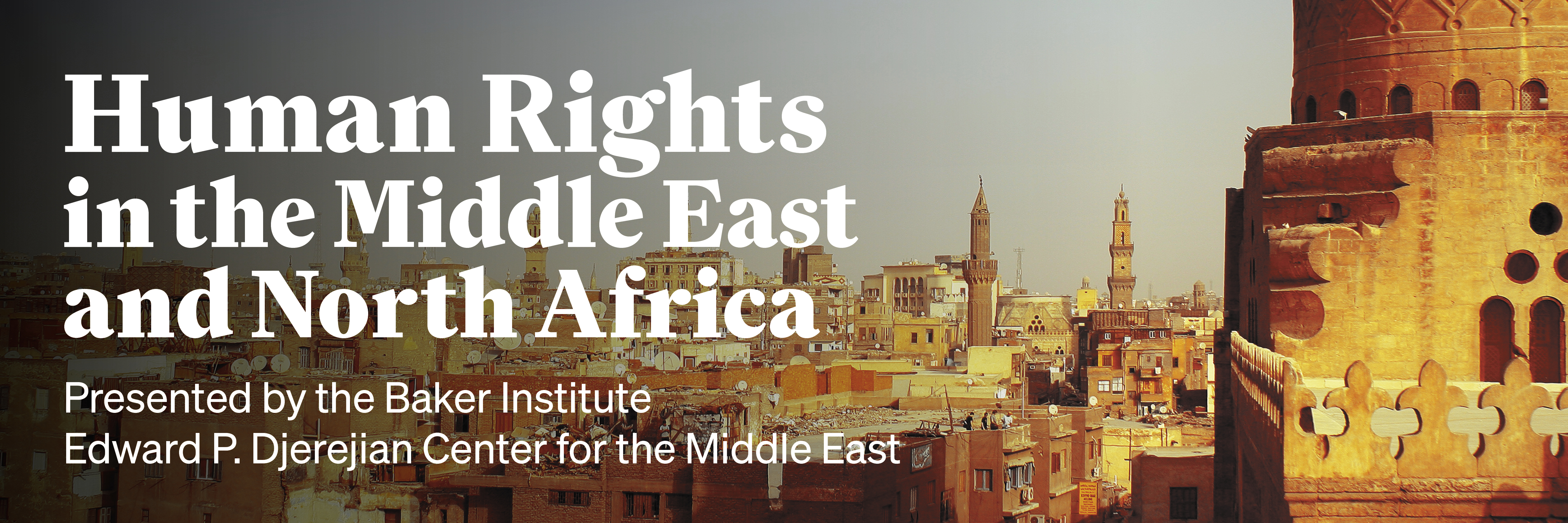
Our Collection for 2024: Climate-Induced Displacement
Climate change and environmental disasters are increasingly prominent drivers of migration and displacement. They often amplify other factors that cause individuals to flee their homes, including war, violence, food insecurity, and lack of opportunity. Under the worst projections, by 2050, up to 216 million people around the world could be forced to move internally within their countries due to slow-onset climate change impacts, such as water scarcity, reduced crop productivity, and rising sea levels. This estimate paints a startling picture for displacement over the next several decades, should government inaction on the intersection of climate, development, human rights, gender, and migration policy continue. As one of the most arid and water-scarce regions in the world, the Middle East and North Africa (MENA) is particularly vulnerable to the changing climate.
To better comprehend the current and future impacts of climate-induced displacement within the MENA region, this collection of policy briefs examines various avenues of protection for individuals displaced by climate change and delves into the question of whether responses to climate-induced displacement should be addressed at the country, regional, or global levels. As a whole, the collection calls for greater action on the issue of climate change and migration with regard to mitigation, prevention, and protection — as well as preparedness and human rights-focused responses for those forced to flee.
The topic and guest contributions were developed in collaboration with the Lebanese American University’s Institute for Migration Studies in Beirut.
About the Series
The Human Rights in the Middle East and North Africa (MENA) Series explores critical topics related to women’s rights, human rights, and refugees. The series convenes scholars and practitioners from the MENA region to identify emerging issues and develop actionable policy solutions for governments and nongovernmental organizations.
Each gathering is hosted in partnership with an institution in the region. The findings are summarized in a collection of briefs published by Rice University’s Baker Institute for Public Policy and distributed to audiences across the globe. Past collections have explored climate change and displacement, the intersection of gender and displacement, and women’s grassroots mobilization.
Latest Event
Climate Change and Displacement
in the Middle East and North Africa
Thursday, May 2, 2024
@ Rice University’s Baker Hall | 🌐 Livestreamed
This free, public event explored the relationship between climate change and migration in the MENA region. Panelists discussed how climate change impacts are affecting livelihoods and fueling displacement in the region. They also drew parallels between the Middle East, other world regions, and the United States.
The event marked the launch of a new workshop series on climate change and displacement in the Middle East and North Africa, the culmination of a fall 2023 workshop conducted in collaboration with the Lebanese American University’s Institute for Migration Studies.

Past Collections
Climate-Induced Displacement in the Middle East and North Africa
Scholars examine various avenues of protection for individuals displaced by climate change and call for greater action with regard to mitigation, prevention, and protection — as well as preparedness and human rights-focused responses for those forced to flee.
The Intersection of Gender and Displacement in the Middle East and North Africa
Do women experience displacement differently from men? Scholars from Egypt, Morocco, Turkey, Palestine, Tunisia, and Lebanon explore the experiences of women migrants, asylum seekers and refugees in the Middle East and North Africa.
Women’s Grassroots Mobilization in the MENA Region Post-2011
Using detailed case studies of specific countries and movements, scholars and activists from Morocco, Tunisia, Lebanon, Turkey, Palestine, and Jordan explore women’s mobilization in the 2010s. In particular, they examine which spaces for women’s mobilization have opened and which have closed off.
Past Events
Partner Institutions
Lebanese American University | Beirut, Lebanon
Moroccan Institute for Policy Analysis | Rabat, Morocco
